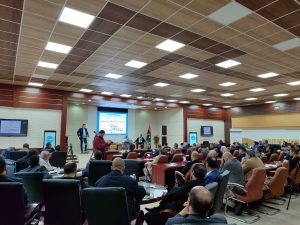Forced displacement (FD) is a complex process where the identification of needs is difficult and attention practices are challenging to implement. It is also a very diverse phenomenon. People’s vulnerabilities depend on each context and vulnerable groups (VG) contrast from region to region. Attention and inclusion practices also varies.
The RAISD project – Reshaping Attention and Inclusion Strategies for Distinctively vulnerable people among the forcibly displaced – co-funded by the H2020 Program has just released its Preliminary catalogue of good (attention and inclusion) practices.
The RAISD Good Practices analysis has the intention to evaluate past and current inclusion initiatives across the European Union influence area, – characterised in terms of target group, objectives, requirements, type of host community, actual results, evaluation by actors, related artefacts – and to ultimately support the Action Research Units in shaping new and innovative Tailored Attention and Inclusion Strategies (TAIS) for Distinctively vulnerable people among the forcibly displaced.
All gathered good practices are available at https://raisd-h2020.eu/observatories/good-practices/ and can be consulted by filtering interest by vulnerability CONTEXT and/or vulnerable PROFILE.
In the framework of the RAISD project, in which UNIMED is a partner, an online training to support the Action Research Units has been delivered in the past months. The course is free and accessible on UNIMED MOOC platform, details are here, and also on the RAISD project website.
[divider]
Follow the news and the updates of the RAISD project:





